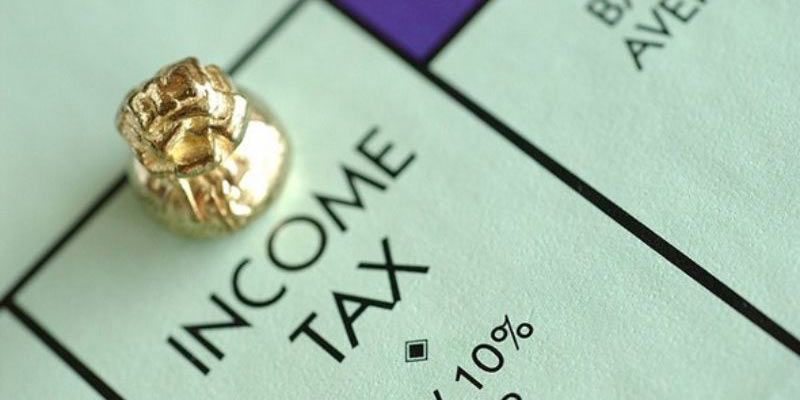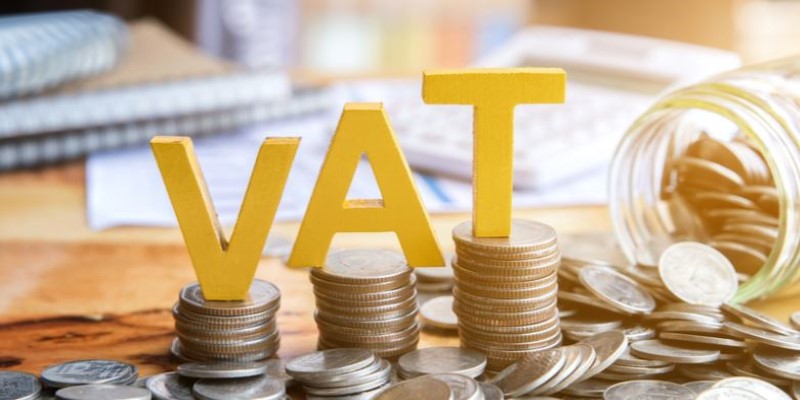
Some say, "The best things in life are free." This isn't always true, especially with credit cards. Despite being annoying, annual fees can save you money with all the cool features and benefits.
The average annual fee for standard credit cards in 2020 was slightly less than $94, according to the CFPB. Each card has a different yearly fee. Now, let's explore some situations where the benefits provided by a specific credit card justify its annual fee.
Building Credit with High-Fee Credit Cards
Sometimes, the best credit cards for rebuilding or establishing credit are those with annual fees. Let's investigate why this seems counterintuitive. Credit cards may be limited if your credit history is poor. Several cards without annual fees are available for those with bad credit, but not everyone qualifies. Let's discuss when high fee credit cards are practical.
A Secured Visa® Credit Card from OpenSky® is one. It doesn't require a bank account or credit check, making this $35/year card stand out. This is one of the best credit cards 2023 for non-bankers. Secured credit cards with no annual fee and credit checks are often denied to applicants without a bank account.
Maximizing Cash-Back Rewards with High Fee Credit Cards

If you frequently spend a lot in specific areas, a credit card with an annual fee is often worth considering, especially when the cash-back rewards exceed the cost. This strategy is particularly beneficial in two everyday situations:
The Right Card for Your Grocery Cashbacks
First, consider the scenario of substantial grocery expenses. The Blue Cash Preferred® Card from American Express, despite its annual fee ($0 introductory fee for the first year, then $95), offers an attractive 6% cash back at U.S. supermarkets on up to $6,000 in purchases annually (then 1%).
In contrast, the Blue Cash Everyday® Card from American Express, which has no annual fee, provides just 3% back on similar supermarket spending. The math is simple: if your weekly grocery bill averages at least $61, the Blue Cash Preferred® Card from American Express emerges as the more rewarding option. Moreover, this card also offers 6% back on select U.S. streaming services and 3% at U.S. gas stations and on transit.
The Right Flat-Rate Cash-Back Card for Big Spenders
Secondly, the Alliant Cashback Credit Card is a great option for normal high-spending cardholders. With no annual fee and a substantial 2.5% cash back on qualified purchases up to $10,000 each billing cycle, it's hard to beat.
High Fee Credit Cards for Frequent Flyers
The benefits of high fee credit cards, especially airline cards, can offset the fees if you travel often. These cards are ideal for frequent travelers. Often called co-branded airline cards. Their value increases with flying frequency. Cards are helpful in these situations:
Frequent Travel with Checked Luggage
Consider the United℠ Explorer Card. This card offers a first bag free for you and a companion when flying. Imagine the savings: up to $35 per bag each way, totaling $140 for a round trip.
With an initial annual fee of $0 for the first year, followed by $95 after that, the savings from just one flight can make the card worth it. This is a strong contender among the best credit cards 2023, especially for those who regularly check their luggage.
Annual Travel with a Companion
For those eyeing a significant yearly journey with a partner, the Alaska Airlines Visa® credit card is among the best credit cards. After spending $6,000 a year, it offers a Companion Fare on each account anniversary.
Hotel Card Benefits

A hotel-branded credit card can be significantly advantageous, especially if you prefer a specific hotel brand or are working towards elite status to enjoy additional benefits. These cards often offer value that surpasses their cost. Here are examples where this is especially true:
Regular Hotel Stays -A Smart Investment
Take the World of Hyatt Credit Card, for instance. It rewards you with a complimentary night each year after your account anniversary at a Category 1-4 Hyatt hotel.
If you're sure to use this benefit, the value of this free night usually outweighs the card's annual fee of $95. This makes it one of the best credit cards 2023 for regular travelers.
For the Business Traveler - Maximizing Value
If you frequently travel for work, you're likely familiar with hotel stays. Choosing a specific brand and a corresponding credit card can be very beneficial for someone who spends considerable time in hotels.
A prime example is the Hilton Honors American Express Surpass® Card. With an annual fee of $150, this card offers valuable perks, including Gold Status. This status entails daily food and beverage credits and other exclusive benefits, making it a standout among high fee credit cards.
High-Fee Credit Cards for Diverse Travel Needs
If you choose different airlines and hotels for each trip, high fee credit cards may still be worth it. These cards, with large sign-up bonuses, may be worth the annual fee. The reason is:
Capital One Venture Rewards Credit Card is a good choice for travelers who want free travel. It gives 2 miles per dollar on most purchases. These rewards can be used for flights or hotels. The card also offers a 75,000-mile sign-up bonus after spending $4,000 in the first three months, worth $750 in travel. With an annual fee of $95, this bonus covers the card's cost for several years, plus rewards and flexibility.
With a $550 annual fee, the Chase Sapphire Reserve® may seem expensive for frequent travelers by car, plane, cruise, or rail. This investment is worthwhile due to its benefits package. A $300 annual travel credit lowers the cost. It also offers complimentary Priority Pass Select lounge access, primary rental car coverage, and 1:1 point transfers to travel partners.
Chase points are valued at 50% extra. After spending four thousand dollars in the first three months, you will earn 60,000 Chase points, equivalent to $900 toward your next trip. Reduces the yearly cost even more.











